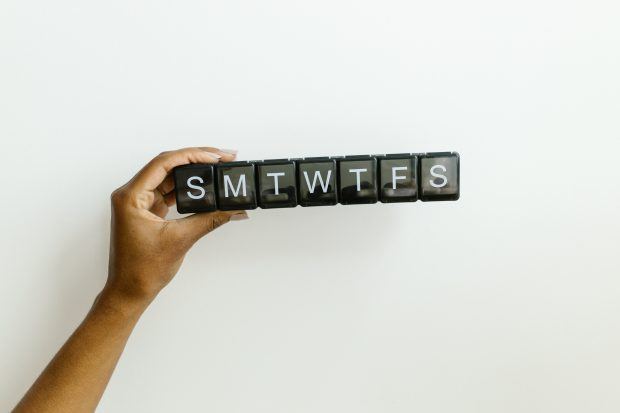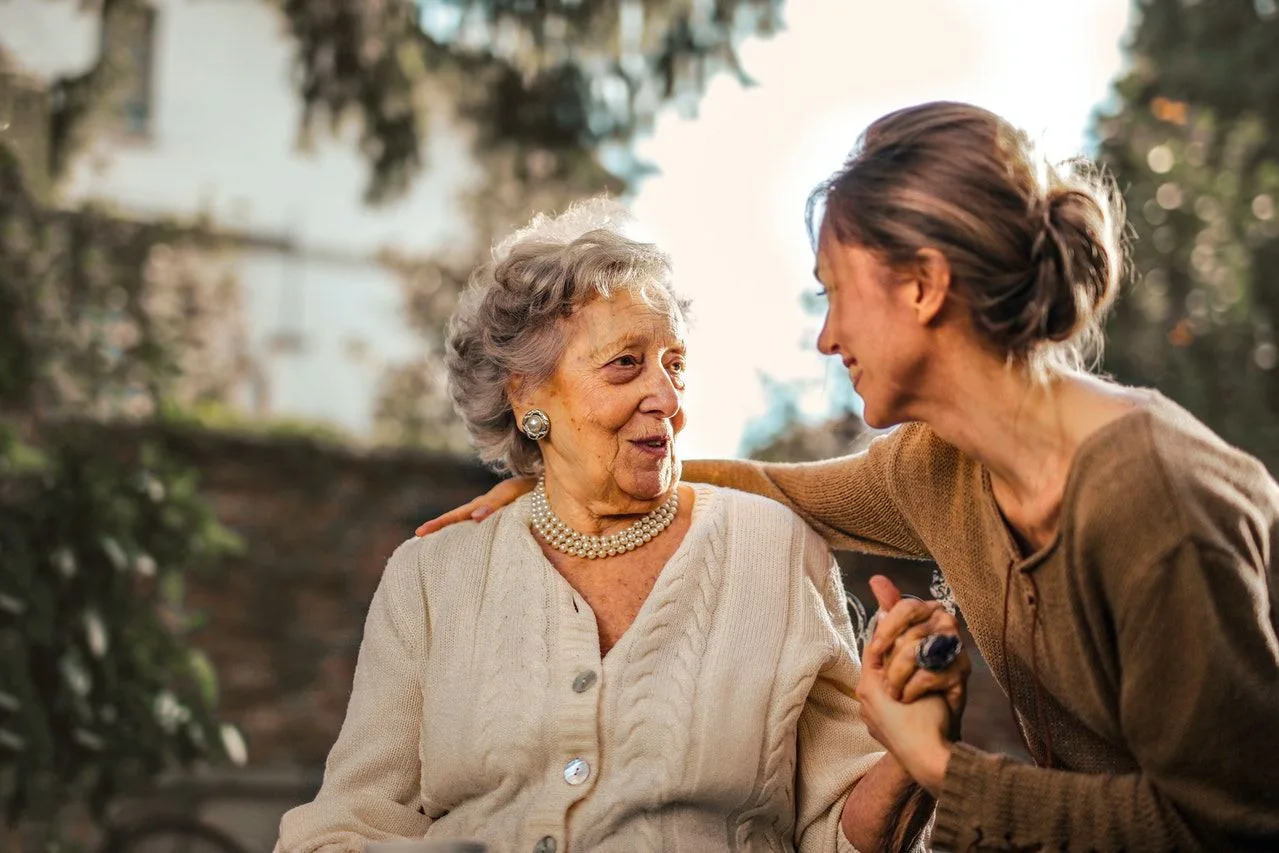Watching your parents, grandparents or other relatives age can be difficult. Health issues can affect senior mobility, memory, continence, and strength. All of which will impact their quality of life. Many elderly people don’t want to admit they are struggling to manage tasks they previously found simple. They will often resist asking for help for fear they won’t be able to stay in their own homes.
However, you can help your relatives keep their pride by providing them with tools to cope independently in their own homes.
Lifesaving devices for seniors
1. Pillboxes

Photo by RODNAE Productions
Believe it or not, a pillbox is a critical aid for seniors. Ailments can lead to medication, and as elderly people typically take tablets for multiple conditions, it’s no surprise they sometimes forget if they have taken their medication.
Whether you opt for a simple pillbox that can be manually opened or one on a timer-operated system depends on how capable your relative is. Either is a useful resource for helping your loved one safely complete this daily task.
2. Magnifying glasses for seniors
Failing eyesight is a common side effect of aging and can be a source of frustration to the person affected. There are many ways you can help your loved one if their eyesight is deteriorating, from magnifying glasses to reading the small print, to putting subtitles on the television, and providing clocks with large, clear faces or digits. Make sure they regularly attend the opticians to check for changes to their eyesight and conditions such as glaucoma and macular degeneration.
3. Key Home Adaptations
People often worry that losing their mobility will lead to them needing to leave their homes, but this need not be the case.
There are many adaptations that can be made which will help them keep their independence. Some, such as handrails, can be easily added and items such as raised toilet seats can be fixed to current fixtures and fittings to make them fit for their purpose. There is also the option of taking on a larger project such as creating a wet room or installing a stair lift.
4. A Lockbox
This simple contraption can provide peace of mind to anyone living alone. A small box that can only be opened by correctly inputting a code is fitted near the door to their property.
A key can be placed inside so anyone with access to the passcode can open the box, release the key, and let themselves in. This is also very useful for anyone who has reduced mobility. It means friends, relatives, and carers can let themselves in without the need for answering the door. It also saves each guest from having to carry their own key.
5. A Fall Detector
These clever connected care devices are worn like a watch or around the neck and automatically detect if the wearer falls. By connecting to a call center via a linked hub, help is never far away in an emergency, offering reassurance to both you and your loved one. Fall detectors also enable the user to call for assistance. So even if they live alone, support is just a touch of a button away. ![]()
6. GPS trackers for seniors
Just like fall detectors, these wearable devices allow the user to immediately call for help in an emergency. Connections are either to a call center or can be set to phone up to three emergency contacts in turn until a call is answered.
These easy-to-wear pendants also have alarms that are triggered by a fall or if the wearer roams outside a pre-defined area. GPS trackers allow the user to keep their freedom and offer reassurance to loved ones.
Other Help
The devices listed above are all critical to supporting a senior’s home care. However, if your relative is finding it difficult to take care of themselves, but is not yet in need of round-the-clock support, it may be time to consider employing a carer or home help.
These are dedicated professionals who come into the home for a set amount of time to assist with basic hygiene and/or cleaning and cooking. You may also want to look into meal delivery services if your loved ones are no longer able to cook for themselves.
The bottom line
Whichever options you choose, you can feel confident you are giving your senior relative the greatest of gifts. Helping to keep them safe while allowing them to retain their much-needed freedom.

Who is the author?
Elena Tahora is a content writer in Malta who loves writing about different topics including health and fitness and traveling. When she’s not working, she loves exploring the different tourist spots in her country. On top of that, she also enjoys scuba diving with friends.



![women [longevity live]](https://longevitylive.com/wp-content/uploads/2020/01/photo-of-women-walking-down-the-street-1116984-100x100.jpg)










